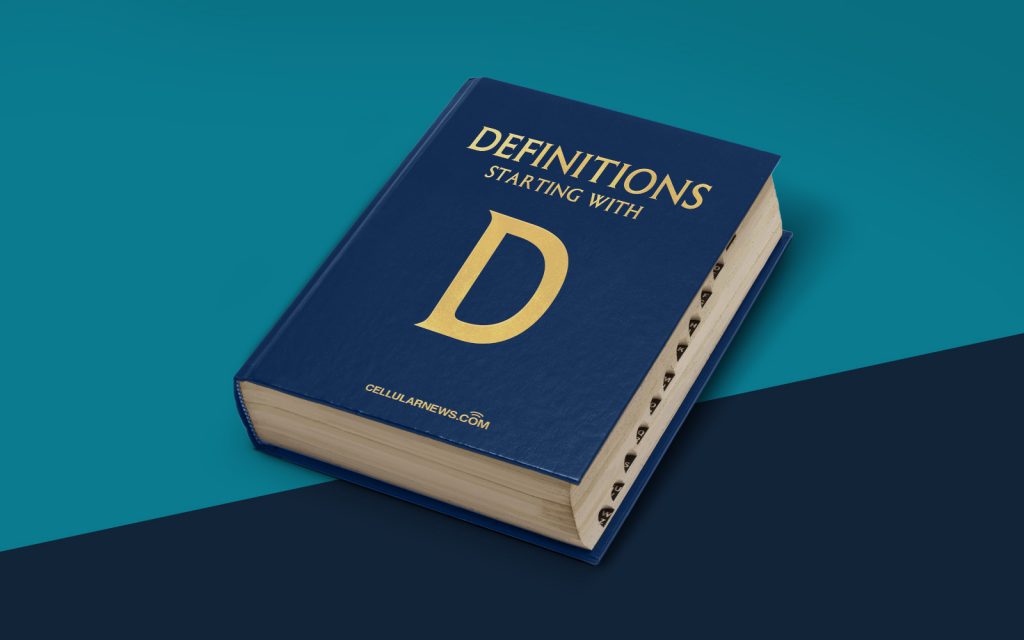
What is a Digital Object Identifier (DOI)?
Welcome to the “DEFINITIONS” category on our blog! In this post, we will delve into the world of digital object identifiers (DOIs) – a term that you might have come across while traversing the vast landscape of the internet. So, what exactly is a DOI and why is it important? Let’s find out!
Key Takeaways:
- A DOI is a unique alphanumeric string assigned to a digital object, such as an article, book, or report.
- DOIs provide a persistent link to the content they identify, ensuring its accessibility and longevity.
A Digital Object Identifier, commonly known as a DOI, is a unique and permanent identifier assigned to a digital object, such as a webpage, article, book, or report. This string of numbers and letters acts as a web address for the content it identifies, enabling users to access it even if the URL changes over time.
Now, you might be wondering, why do we need DOIs when we already have URLs? Excellent question! Unlike regular URLs, which may change or become obsolete over time, DOIs provide a persistent link to digital content. This means that even if a webpage gets moved or a publication changes its hosting platform, the DOI will always point to the correct location of the content.
Why are DOIs important?
DOIs are crucial in various fields, especially in academia and research. Here are some reasons why DOIs are highly valued:
- Citation Stability: DOIs ensure that scholarly articles, books, and other digital resources can be cited accurately and with confidence. By using DOIs in citations, researchers can be confident that their sources are reliable and can easily be accessed by others.
- Discoverability and Accessibility: DOIs make it easier to locate and retrieve specific digital resources in a sea of information. Users can simply enter a DOI into a DOI resolver – a tool that translates the DOI into a clickable link leading directly to the desired content.
- Longevity and Archiving: DOIs help preserve digital content over time. By assigning a unique identifier, publishers and institutions can ensure that their valuable resources remain accessible for future generations, even if the URLs change or websites are discontinued.
In summary, a DOI is a unique identifier that provides a persistent link to digital content, ensuring its accessibility and longevity. By utilizing DOIs, researchers, publishers, and institutions contribute to citation accuracy, ease of access, and the preservation of digital knowledge for years to come.
Next time you come across a DOI, you’ll know that it’s not just a random combination of characters but a valuable key to unlocking the vast world of digital information. Stay tuned for more informative posts in our “DEFINITIONS” category!
